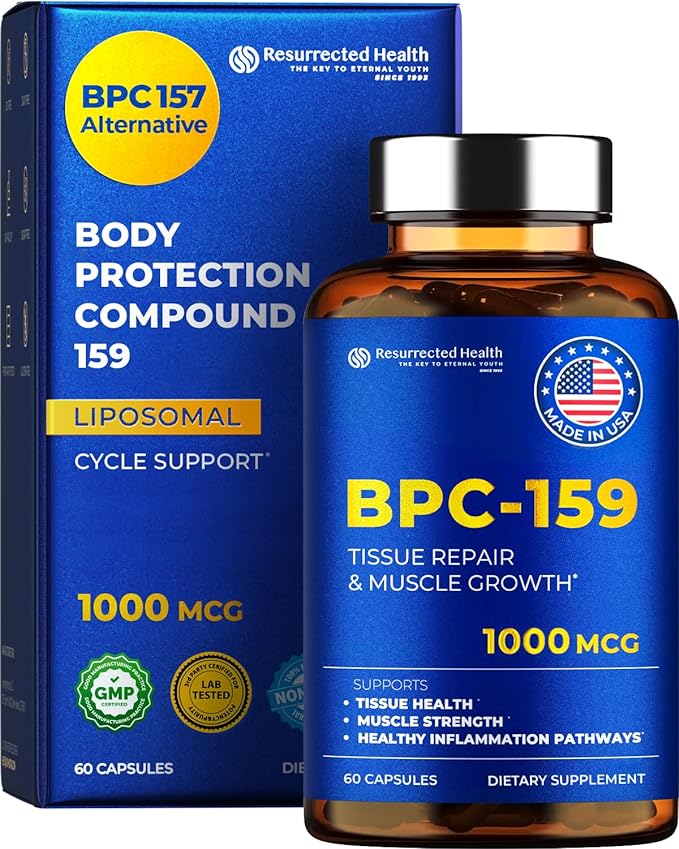In the relentless pursuit of peak physical performance, athletes and fitness enthusiasts are constantly seeking innovative ways to optimize their recovery process. Amidst the plethora of supplements and techniques available, two peptides have emerged as potential game-changers: BPC 157 and BPC 159. These compounds, renowned for their remarkable healing properties, are increasingly garnering attention within the fitness community for their ability to expedite recovery and enhance overall well-being.
BPC 157 and BPC 159 belong to a class of peptides known as Body Protective Compounds (BPCs). Originally discovered in the gastric juices of mammals, these peptides have demonstrated profound therapeutic effects on various bodily systems, particularly in promoting tissue repair and reducing inflammation. While their mechanisms of action are complex and multifaceted, their ability to accelerate the healing of tendons, ligaments, muscles, and even the gastrointestinal tract has sparked significant interest among researchers and athletes alike.
One of the most compelling aspects of BPC 157 and BPC 159 is their potential to facilitate workout recovery. Intense physical activity often leads to micro-tears in muscle fibers, causing soreness and fatigue. Optimal recovery is essential for muscle growth, strength gains, and overall performance improvement. By harnessing the regenerative properties of these peptides, individuals may experience faster recovery times, allowing them to train more frequently and with greater intensity.
Research indicates that BPC 157 and BPC 159 possess anti-inflammatory properties, which can mitigate the damaging effects of exercise-induced inflammation. By modulating inflammatory responses, these peptides may help alleviate post-workout soreness and stiffness, enabling individuals to bounce back quicker from intense training sessions.
Moreover, BPC 157 and BPC 159 have been shown to stimulate angiogenesis, the formation of new blood vessels. Enhanced blood flow to injured tissues facilitates the delivery of oxygen, nutrients, and growth factors, accelerating the repair process. This increased vascularity may also contribute to improved muscle pump and endurance during workouts, further enhancing overall performance.
Beyond their role in physical recovery, BPC 157 and BPC 159 exhibit potential benefits for gastrointestinal health. A healthy gut is essential for nutrient absorption, immune function, and overall well-being. Studies suggest that these peptides may protect and repair the intestinal lining, making them valuable supplements for individuals with digestive issues or those undergoing strenuous training regimens that may compromise gut health.
While the scientific literature on BPC 157 and BPC 159 continues to evolve, anecdotal evidence from athletes and fitness enthusiasts abounds with reports of accelerated recovery, reduced pain, and enhanced performance. However, it’s important to note that the use of peptides for performance enhancement is a topic of ongoing debate, and regulations regarding their legality and safety vary across jurisdictions.
In conclusion, BPC 157 and BPC 159 represent promising avenues for optimizing workout recovery and supporting overall athletic performance. As research progresses and our understanding of these peptides deepens, they may emerge as indispensable tools in the arsenal of athletes seeking to push the boundaries of human potential. However, individuals considering the use of these peptides should consult with a qualified healthcare professional to ensure safe and responsible supplementation practices.
